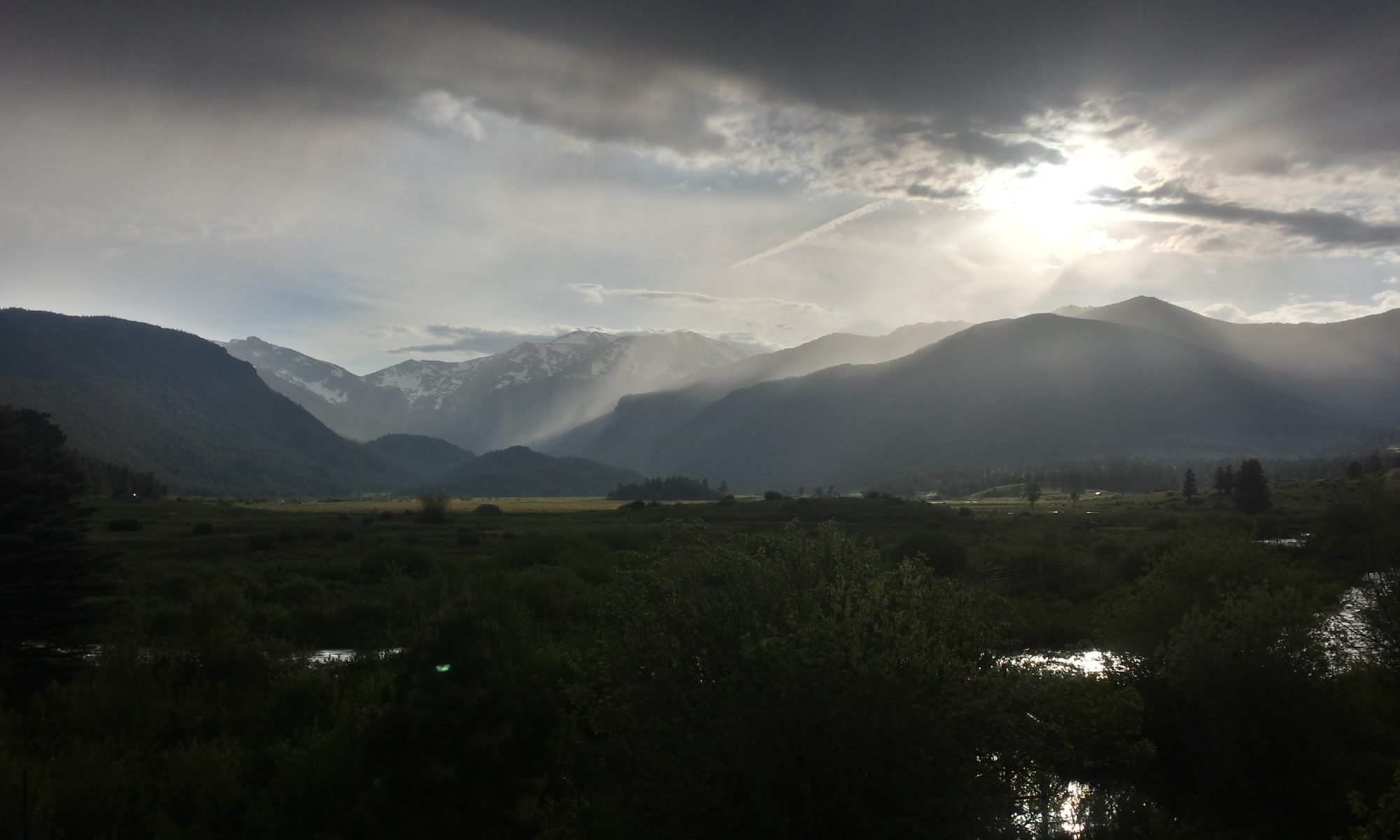I attended two of Dr Nelson’s presentations. One over environmental sustainability which was given to the American students studying at ISLT and the other to a group of Tunisian engineering students at the MIT of Tunisia on ISO 14001 certification. The bodies of both presentations were very interesting both from a casual standpoint and engineering perspective. The most interesting thing to me was the responses from the students.
Before getting into the responses and questions from the two different audiences, I’ll go over the material in each presentation. The sustainability topic was very interesting. It focused on the disparity between living standards in the “developed” world with such countries as Japan and the United States representing the top economic dogs. The low countries on the wealth totem pole, or “developing/under developed” countries, included places such as Mali, China, and others. Through photos of “typical” families in each country, Dr Nelson demonstrated the difference in material possessions of a Mali family, surrounded by earthenware and organic products, and an American family surrounded by cars, TV’s, computers, plastics, and other non-sustainable possessions. The disparity between the American and Mali families was striking. From first blush, the Mali family leaves a much smaller impact on the planet.
Dr Nelson never really said one way or the other during the presentation if he thought that everyone should be brought up to the standard of America or down to the standard of Mali or somewhere in between. He touched on carrying capacities of the planet and resources available and waste streams and non-renewable resources (petroleum, minerals, etc), but he didn’t go in depth or get very technical. It was appropriate for the audience as I’m the only engineer and only one of two people in the class who appears to know anything about environmental science or environmental engineering practices. I liked how he brought up the point that up until now, and most likely as far into the future as humans exist, engineers will continue to innovate their way out of problems such as with the environment. He also presented us with the choice of doing it proactively or retroactively. He didn’t explicitly say which one was better, but it’s evident that the proactive approach is the best if for no other reason than economics.
Our class’s responses were anything but what I expected. Anne, Heather, and Giovanna proceeded to state their opinions on the topics he covered including such choice things as “don’t you agree that the planet has already reached its carrying capacity” and “how can we do all these things when people still don’t have clean water and children are starving” and others. Rather than asking questions to get meaningful answers, the three women tried to cram typical sound bytes and talking points put forth by some of the environmental organizations which would rather yell about how horrible everything is rather than come up with real workable solutions. I suppose that’s the difference between engineers and many other people. I see engineers as people who will figure out how to make everyone happy and for less money than they pay to not be happy. Some other people would rather complain and say the sky is falling instead of trying to reinforce the buttresses holding the sky in place.
All in all, I was very disappointed that we didn’t get a chance to ask real questions of Dr Nelson about his work and whatnot. Maybe next time.
The second presentation I attended by Dr Nelson was given to Tunisian engineering students at the top engineering college in Tunisia. The campus bears striking resemblance to CalPoly’s campus, right down to the plants and the proximity to the sea. The talk, over ISO 14001 certification, was very technical, giving a semi detailed overview of what’s entailed in an ISO 14001 certification process and the benefits for getting certified. Talking with the Tunisian students after the presentation, many of them didn’t really understand what Dr Nelson was talking about. He went fast and they didn’t have time to absorb the slides. In the future, it’d be helpful to at least give out a digital copy of the presentation.
There were several very good questions asked, such as “how does a small company do such a large certification process”. The answer is that CITET has a stripped down version of ISO 14001 designed specifically for small and medium sized businesses so that they can be environmentally friendly and be on the path to ISO 14001 long before they are required to do so by one of their customers. There were other good questions as well.
After the presentation, Kellen and I talked with the Tunisian students for a good 20 or 30 minutes. They all were asking questions about what we were studying, why we were in Tunisia, what we were going to do when we grew up, how they could move to the USA permanently, etc. It felt very good to be surrounded by such intelligent engineering students. These are definitely the best of the best in Tunisia.
All in all, I’m glad that I got to see two of Dr Nelson’s presentations in Tunisia. They both were informative and I was very interested to see the responses of the two different groups.
